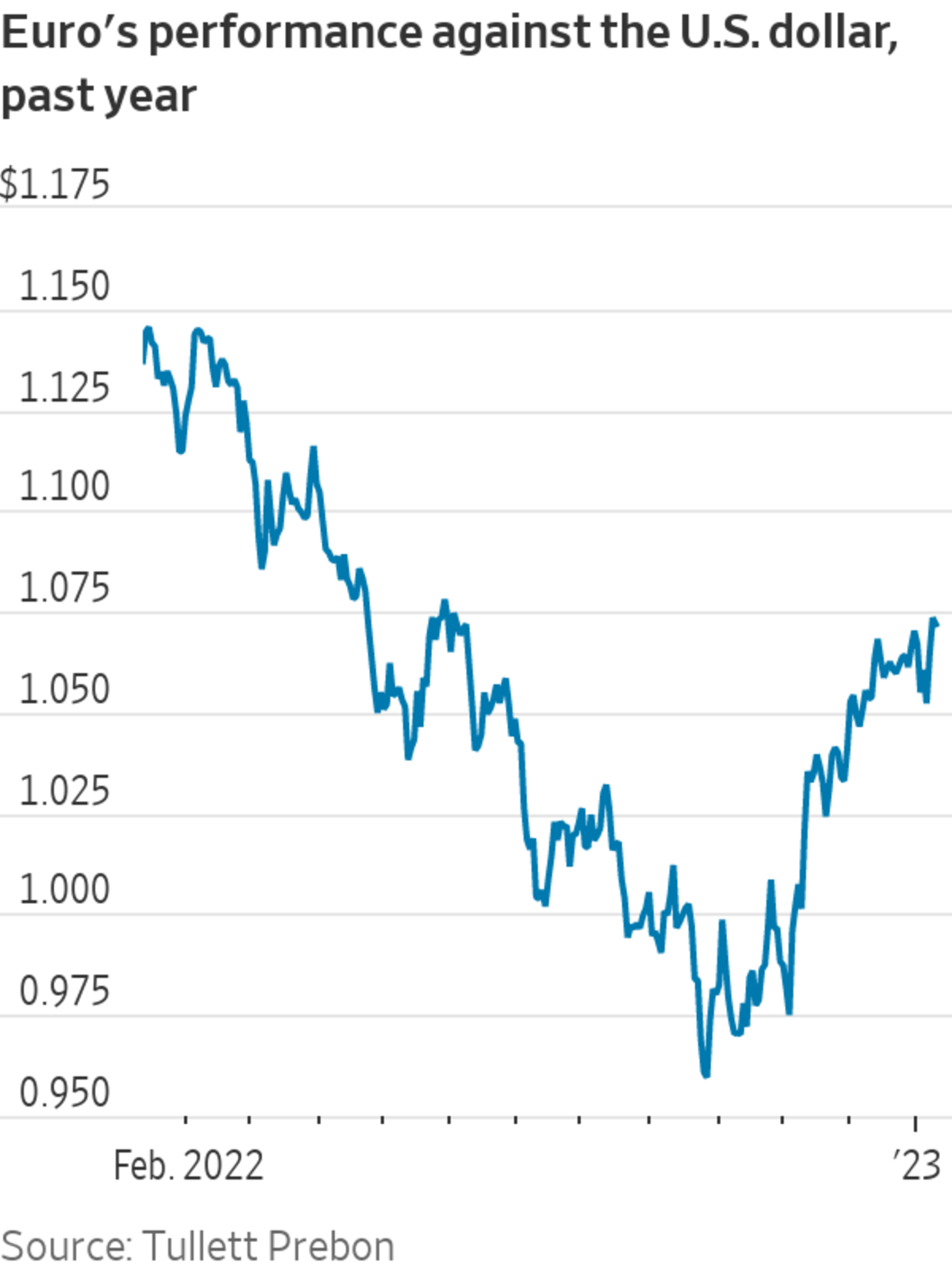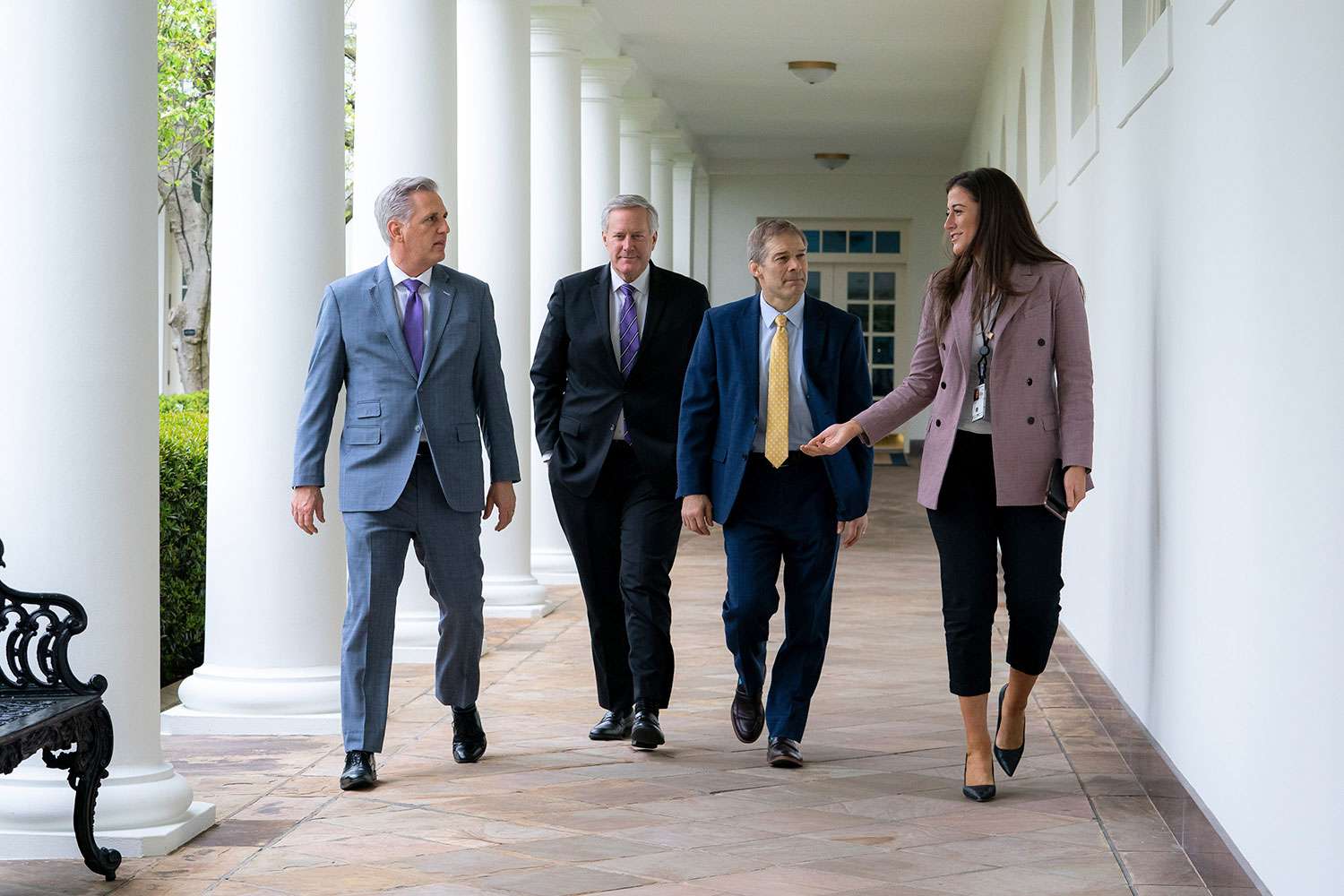Wall Street Bets Assessment: The Aftermath Of Trump's Trade War.

Table of Contents
The Initial Shockwaves: Market Volatility and Uncertainty
Trump's imposition of tariffs, particularly targeting China, sent immediate shockwaves through global markets. The uncertainty surrounding the escalating trade conflict significantly impacted investor sentiment. This initial period was characterized by:
- Increased uncertainty among investors: The unpredictable nature of Trump's trade policies created a climate of fear and uncertainty, making it difficult for investors to make informed decisions. Many hesitated to invest heavily in any specific sector due to fear of sudden tariff changes.
- Fluctuations in specific sectors: Sectors heavily reliant on international trade, such as technology (due to supply chain disruptions) and agriculture (due to export restrictions), experienced significant price fluctuations. The impact of tariffs varied significantly between industries and companies.
- Short-term market corrections: The escalating trade tensions led to several short-term market corrections as investors reacted to negative news and uncertainty. These corrections were often sharp and swift, reflecting the heightened volatility in the market.
- Increased volatility indices (VIX): The VIX, a measure of market volatility, spiked significantly during periods of heightened trade war uncertainty, reflecting the increased fear and uncertainty among investors.
Wall Street Bets users, known for their active and often contrarian trading strategies, reacted to this initial volatility with a mix of caution and opportunistic trading. Early strategies included short-selling stocks in sectors heavily impacted by tariffs, attempting to profit from anticipated price drops. Others focused on hedging strategies to protect against potential losses.
Shifting Investment Strategies on Wall Street Bets
The prolonged nature of Trump's trade war forced Wall Street Bets users to adapt their investment approaches. The community saw a notable shift in investment strategies, including:
- Increased focus on defensive stocks: As uncertainty persisted, many users shifted towards defensive stocks – companies less susceptible to economic downturns. This included consumer staples and healthcare companies, considered relatively safer bets during periods of market turmoil.
- Exploration of international markets: To diversify away from the US-China trade tensions, some r/WallStreetBets members began exploring international markets, seeking opportunities outside the immediate impact zone of the trade war. This involved navigating currency fluctuations and increased geopolitical risk.
- Growth of options trading: Options trading experienced a surge in popularity as a means to hedge against volatility and speculate on market movements. Options provided a way to potentially profit from price fluctuations without the same level of risk as outright stock purchases.
- Increased use of meme stocks: Ironically, the heightened market uncertainty and perceived manipulation contributed to the rise of meme stocks on Wall Street Bets. These stocks, driven by social media hype rather than traditional fundamentals, became a focal point of speculative trading.
These shifts highlight the adaptive nature of the Wall Street Bets community. The long-term impact of these strategic changes is still unfolding, but it's clear that the trade war accelerated the adoption of more sophisticated and diversified investment strategies among retail investors. The role of information sharing and collective decision-making within the community played a significant role in shaping these strategies, both positively and negatively.
The Long-Term Implications: Winners and Losers
The long-term consequences of Trump's trade war are complex and varied. While some sectors suffered, others found opportunities amidst the turmoil.
- Industries impacted by tariffs: Manufacturing and agriculture were significantly impacted by tariffs, facing increased costs and reduced competitiveness. Companies relying heavily on imported goods or exporting to China saw significant challenges.
- Sectors that capitalized on global trade shifts: Companies able to adapt to the changing trade landscape, shifting supply chains or finding new markets, saw increased opportunities. This often involved domestic production or expansion into other international markets.
- The rise of certain companies due to trade policy changes: Some companies benefited from increased domestic demand as consumers sought alternatives to foreign goods, leading to their growth and market share increase.
- The impact on inflation and consumer prices: Tariffs contributed to higher prices for certain goods, impacting inflation and consumer purchasing power. This had cascading effects on other sectors of the economy.
Geopolitical factors beyond the US-China trade war also played a significant role in shaping the long-term implications. Global supply chain disruptions, political instability in other regions, and shifts in global alliances all contributed to the overall market uncertainty. The lasting effects on investor confidence and market sentiment continue to be felt today, highlighting the interconnectedness of global trade and finance.
The Role of Social Media in Shaping Investor Behavior
r/WallStreetBets's role in amplifying market trends during the trade war cannot be understated. The platform served as a powerful disseminator of information, both accurate and inaccurate. This contributed significantly to market volatility, creating a feedback loop where social media sentiment could influence trading decisions and subsequent price movements.
The ease with which information, including unsubstantiated claims and rumors, spread through social media channels created a potential for manipulation. The “herd mentality” prevalent on platforms like r/WallStreetBets, where users often follow the actions of others, further amplified these effects, leading to potentially risky investment decisions based on emotion rather than sound analysis.
Conclusion
Trump's trade war significantly impacted market volatility, forcing Wall Street Bets users to adapt their investment strategies. The long-term consequences include shifts in sector performance, altered investor behavior fueled by social media, and persistent market uncertainty. Understanding the aftermath of Trump's trade war is crucial for navigating future market uncertainties. Continue learning about the impact of global trade policies on Wall Street Bets and refine your investment strategies accordingly. Stay informed about the ongoing effects of the trade war on your portfolio through research and analysis of Wall Street Bets activity and wider market trends. Develop a robust understanding of Wall Street Bets sentiment and global trade to mitigate risk and potentially capitalize on emerging opportunities.

Featured Posts
-
 Csak A Lidl Ben Elkepeszto Aron Kinaljak A Gyujtoi Markat
May 29, 2025
Csak A Lidl Ben Elkepeszto Aron Kinaljak A Gyujtoi Markat
May 29, 2025 -
 Cassidy Hutchinson Memoir A Fall Release On Her Jan 6th Testimony
May 29, 2025
Cassidy Hutchinson Memoir A Fall Release On Her Jan 6th Testimony
May 29, 2025 -
 Honda Moto Gp Rider Luca Marinis Suzuka Crash Injury Details
May 29, 2025
Honda Moto Gp Rider Luca Marinis Suzuka Crash Injury Details
May 29, 2025 -
 Sfqt Naryt Bayrn Mywnkh Wbrshlwnt Fy Mwajht
May 29, 2025
Sfqt Naryt Bayrn Mywnkh Wbrshlwnt Fy Mwajht
May 29, 2025 -
 Pistoolroof Op School 16 Jarige Venlonaar Aangehouden
May 29, 2025
Pistoolroof Op School 16 Jarige Venlonaar Aangehouden
May 29, 2025
